- (480) 284-4034
- info@azindiangaming.org
First Annual Report of Shared Revenue Released. Tribes contributed $37,957,013.01 in Fiscal 2004 to the Arizona Benefits Fund.
The Amended Tribal-State Gaming Compacts (Compact) were signed into law by Governor Doug Ducey and the Arizona Tribes on April 15, 2021 and will be maintained for the next 20 years.
April 15, 2021Arizona Indian Gaming Association represents nine tribes representing Indian People living on reservations in Arizona. While four tribes are located near urban areas, most tribal lands are located in rural areas of Arizona.
